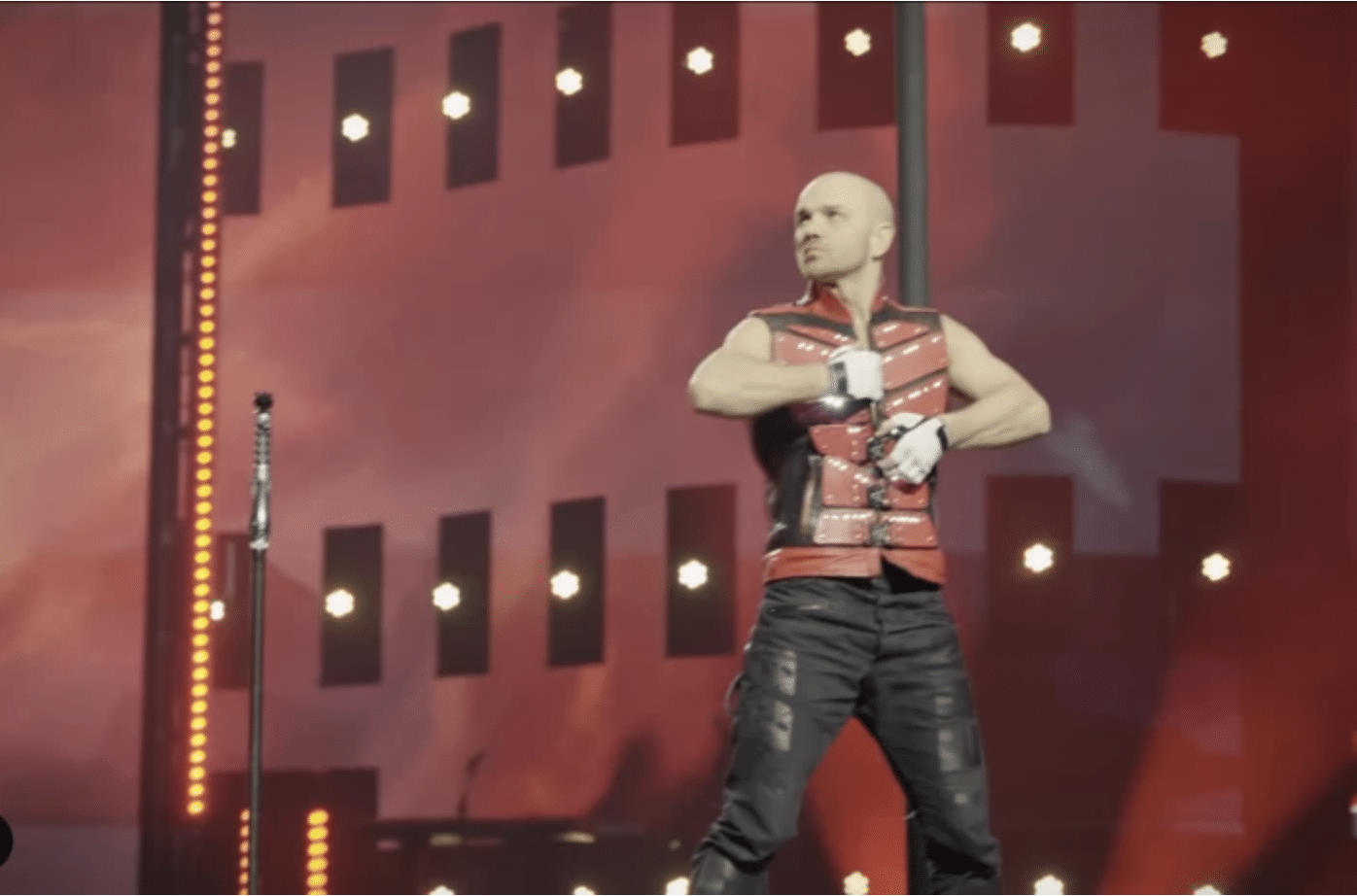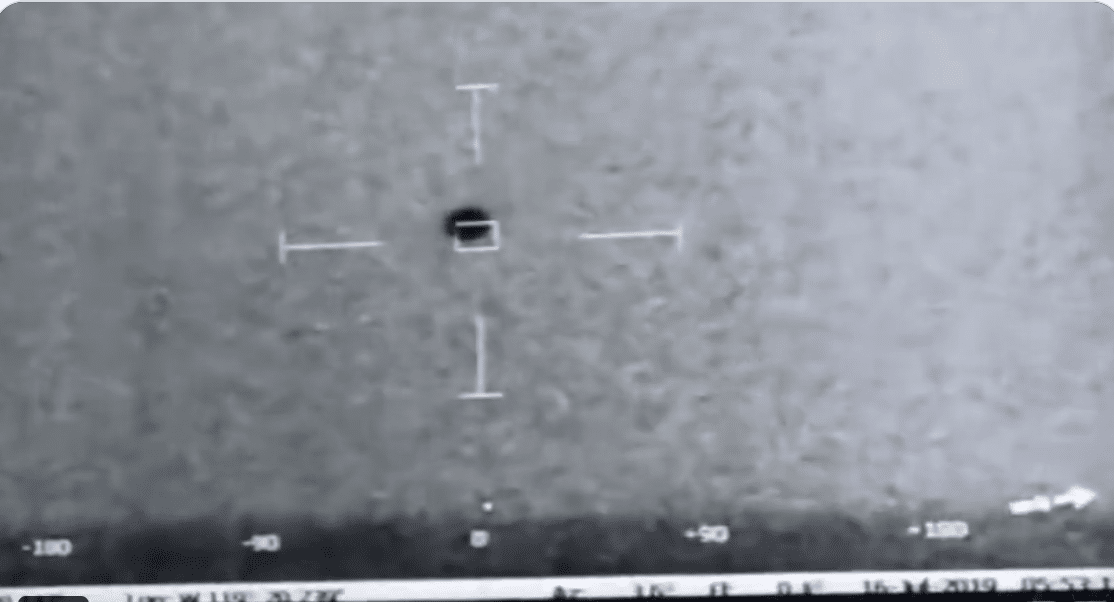(WSJ) – The European Union’s Directive on Copyright in the Digital Single Market takes effect on June 7. It is intended to update European policies regarding online intellectual property and shelter fledgling European technology companies against competition from Apple, Google and other foreign tech giants. The irony is that the new directive may end up hampering web-based initiatives everywhere—particularly the very companies it is meant to protect. Of particular concern is Article 17, which limits the “use of protected content by online content-sharing services.” It would make social-media and video-
streaming sites liable for preventing repeat instances of copyright infringement on their platforms.
These sites function by allowing people to post content freely without waiting for review by human moderators, and a restrictive standard of liability would stifle the atmosphere of user-created content and popular images, videos, and songs. Under existing laws, like America’s Digital Millennium Copyright Act of 1998, a hosting site doesn’t become liable for copyright-infringing content posted by users until it is notified of the violation by the IP license holder, at which point it must remove the content. EU officials complain reasonably that this system struggles to keep up with the heavy volume of material posted to Google-owned YouTube and similar sites, with new illicit copies put up faster than they can be flagged and pulled down. READ MORE


















